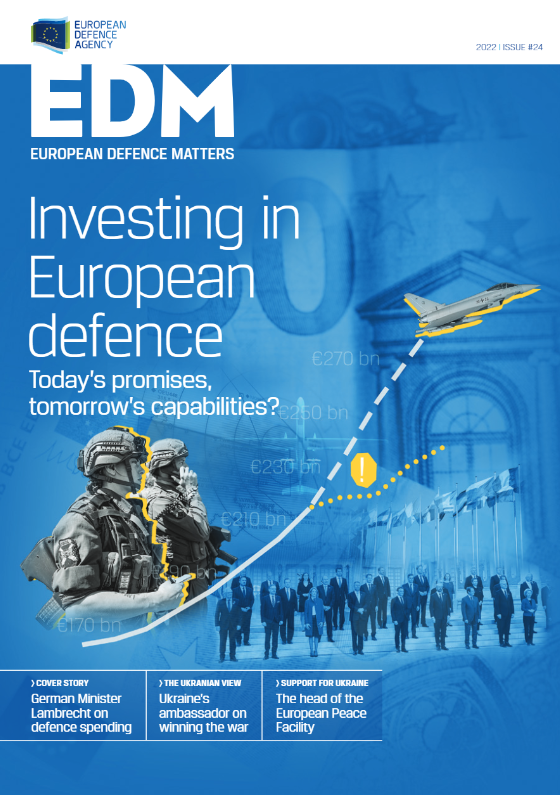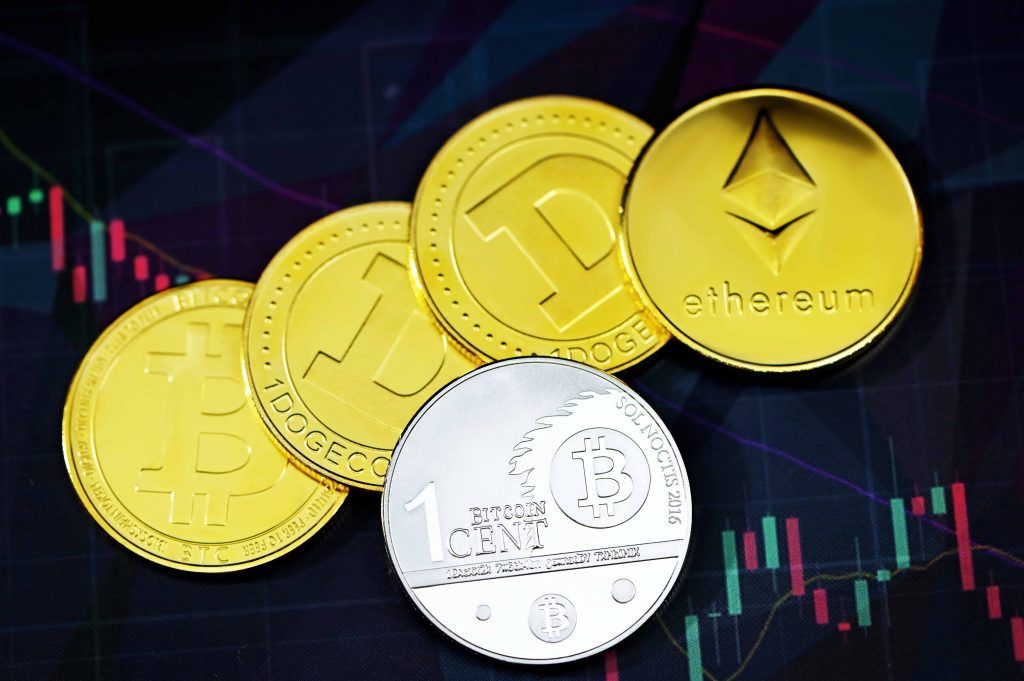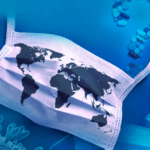2022 was a year marked by sudden, unexpected events, from continuing to deal with the fallout from the COVID-19 pandemic to geopolitical and economic turmoil. As the European Union Agency for Law Enforcement Cooperation, Europol supports EU Member States in preventing and combating all forms of serious international and organised crime, cybercrime and terrorism. Of the hundreds of operations supported this year, here are some of the top successes of 2022:
Support to Ukraine
Following the Russian invasion of Ukraine in February, Europol united with the EU and its Member States in our unwavering support of our Ukrainian friends and colleagues.
Russia’s war of aggression caused a humanitarian crisis and prompted large numbers of people to flee from Ukraine to the EU, meaning that opportunistic criminal networks could exploit this situation to further their illicit activities. Europol, alongside the Member States, remains strongly committed to identifying and tackling these criminal threats and working at all levels to support the EU Member States impacted by the conflict.
As part of this ongoing support, the agency is in close communication with the Member States bordering Ukraine, and is currently deploying experts and guest officers to support local law enforcement authorities in these countries. Europol is also actively engaging with Ukrainian law enforcement through the Ukrainian Liaison Officer at Europol headquarters.
International hit against Brazilian narcos
An extensive investigation involving authorities in Brazil, Spain, Paraguay and the United States, coordinated by Europol’s European Serious and Organised Crime Centre, led to the dismantling of an international criminal organisation shipping Bolivian cocaine into the EU.
The investigative activities revealed that the criminal organisation had developed a production infrastructure in Bolivia, with logistical and supply lines in Brazil, Paraguay and Uruguay, which enabled the shipment of several multi-tonne cocaine consignments to Europe every few months. Investigators also uncovered a distribution network based in Valencia and Barcelona that was responsible for receiving the cocaine shipments and circulating them on the European market.
The members of the network used encrypted communications to coordinate their criminal activities, including supplying drugs to Europe and laundering the criminal assets.

European defence matters. Issue #24, 2022 |
Hanging up on call centre scams
Call centre scams have become more prevalent in recent years, with fake ‘traders’ persuading victims to part with their savings by promising lucrative investment opportunities. However, these too-good-to-be-true opportunities are typically scams.
In March 2022, Europol’s European Financial and Economic Crime Centre supported an investigation by Lithuanian and Latvian authorities into one such scam. The operation led to raids of three call centres belonging to the same organised crime group. More than 100 people in Riga and Vilnius were detained on suspicion of being involved in an international call centre scam that was believed by investigators to have turned an illegal profit of over EUR 3 million per month.
Cutting power to world’s biggest hacker forum
Operation TOURNIQUET, which took place in April, was coordinated at the international level by Europol’s European Cybercrime Centre that culminated in the shutdown of ‘RaidForums’ – one of the world’s biggest hacker forums. The operation was the culmination of a year of meticulous planning between U.S., UK, Swiss, Portuguese and Romanian law enforcement authorities.
At its peak, the forum had a community of more than a million users. It made a name for itself by selling access to high-profile database leaks belonging to a number of US corporations across different industries. These contained information for millions of credit cards, bank account numbers and routing information, and the usernames and associated passwords needed to access online accounts.
In addition to the domain seizure, the forum’s administrator and two of his accomplices were arrested, and additional infrastructure seized.
Disrupting migrant smuggling across the English Channel
The smuggling of migrants across the English Channel is a very dangerous modus operandi that increased shortly before the start of the COVID-19 pandemic. Europol’s European Migrant Smuggling Centre (EMSC) has been actively monitoring and supporting law enforcement efforts to effectively tackle these developments by establishing Operational Task Force Dune.
The OTF includes authorities from Belgium, France, Germany, the Netherlands and the UK, and is coordinated by Europol. Authorities focus on a number of high-level smugglers, known as High-Value Targets, whose prosecution could seriously disrupt or even halt the functioning of this criminal network.
In July 2022, more than 39 suspects were arrested across France, Germany, the Netherlands and the UK, including 3 High-Value Targets. Investigators estimated that the network could have smuggled up to 10 000 migrants in the past year and a half, with as much as EUR 15 million in criminal profits.
Confronting labour exploitation across EU
During an EU-wide coordinated action week in July 2022, authorities identified more than 500 employers linked to labour infringements and over 480 possible victims. Europol supported the action days, which were led by the Netherlands and co-led by France, Italy, Romania and the United Kingdom and involved 29 countries. The actions were implemented as part of the European multidisciplinary platform against criminal threats, known as EMPACT.
The action week mobilised nearly 18 500 officers, who searched more than 10 467 locations, 32 525 vehicles and more than 86 000 persons to detect different administrative infringements and criminal offences. These checks led to the detection of a significant number of companies linked to infringements of employment law.
This year’s inspections focused on a number of labour-intensive sectors such as mining, home healthcare services, nail bars, cleaning services, restaurants and food delivery services. Vietnamese nationals are especially vulnerable to labour exploitation, predominantly in nail bars. Home healthcare is also a sector that is susceptible to exploitation. This is especially difficult to detect as it happens behind the closed doors of households. Eastern European nationals often fall victim to domestic servitude with reports of cases in Spain, Italy, the Netherlands and the United Kingdom. Authorities also focused on detecting the possible exploitation of Ukrainian refugees.
Super cartel controlling one-third of Europe’s cocaine trade taken down
There is no safe haven for drug lords. This was the message sent by Operation Desert Light, a series of coordinated raids carried out across Europe and the United Arab Emirates in November 2022. The raids targeted both the command-and-control centre and logistical drug trafficking infrastructure in Europe. A total of 49 suspects were arrested during the course of the investigation, which were run in parallel in Spain, France, Belgium, the Netherlands and the UAE.
The suspects had come together to form what was known as a ‘super cartel’ that controlled around one-third of the cocaine trade in Europe. The scale of cocaine importation into Europe under the suspects’ control and command was massive and over 30 tonnes of drugs were seized by law enforcement over the course of the investigations.

Europol: Cryptocurrencies key to tackling organised crime |
Source: Europol






Leave a Reply